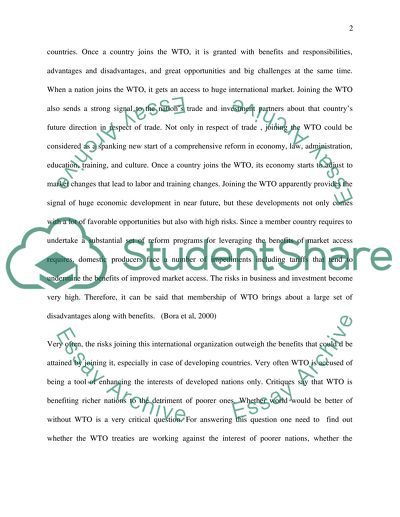Cite this document
(Globalisation: Global trade and the WTO, answer the question about if Coursework, n.d.)
Globalisation: Global trade and the WTO, answer the question about if Coursework. https://studentshare.org/macro-microeconomics/1546376-globalisation-global-trade-and-the-wto-answer-the-question-about-if-the-world-be-a-better-off-if-the-wto-did-not-exist
Globalisation: Global trade and the WTO, answer the question about if Coursework. https://studentshare.org/macro-microeconomics/1546376-globalisation-global-trade-and-the-wto-answer-the-question-about-if-the-world-be-a-better-off-if-the-wto-did-not-exist
(Globalisation: Global Trade and the WTO, Answer the Question about If Coursework)
Globalisation: Global Trade and the WTO, Answer the Question about If Coursework. https://studentshare.org/macro-microeconomics/1546376-globalisation-global-trade-and-the-wto-answer-the-question-about-if-the-world-be-a-better-off-if-the-wto-did-not-exist.
Globalisation: Global Trade and the WTO, Answer the Question about If Coursework. https://studentshare.org/macro-microeconomics/1546376-globalisation-global-trade-and-the-wto-answer-the-question-about-if-the-world-be-a-better-off-if-the-wto-did-not-exist.
“Globalisation: Global Trade and the WTO, Answer the Question about If Coursework”. https://studentshare.org/macro-microeconomics/1546376-globalisation-global-trade-and-the-wto-answer-the-question-about-if-the-world-be-a-better-off-if-the-wto-did-not-exist.


